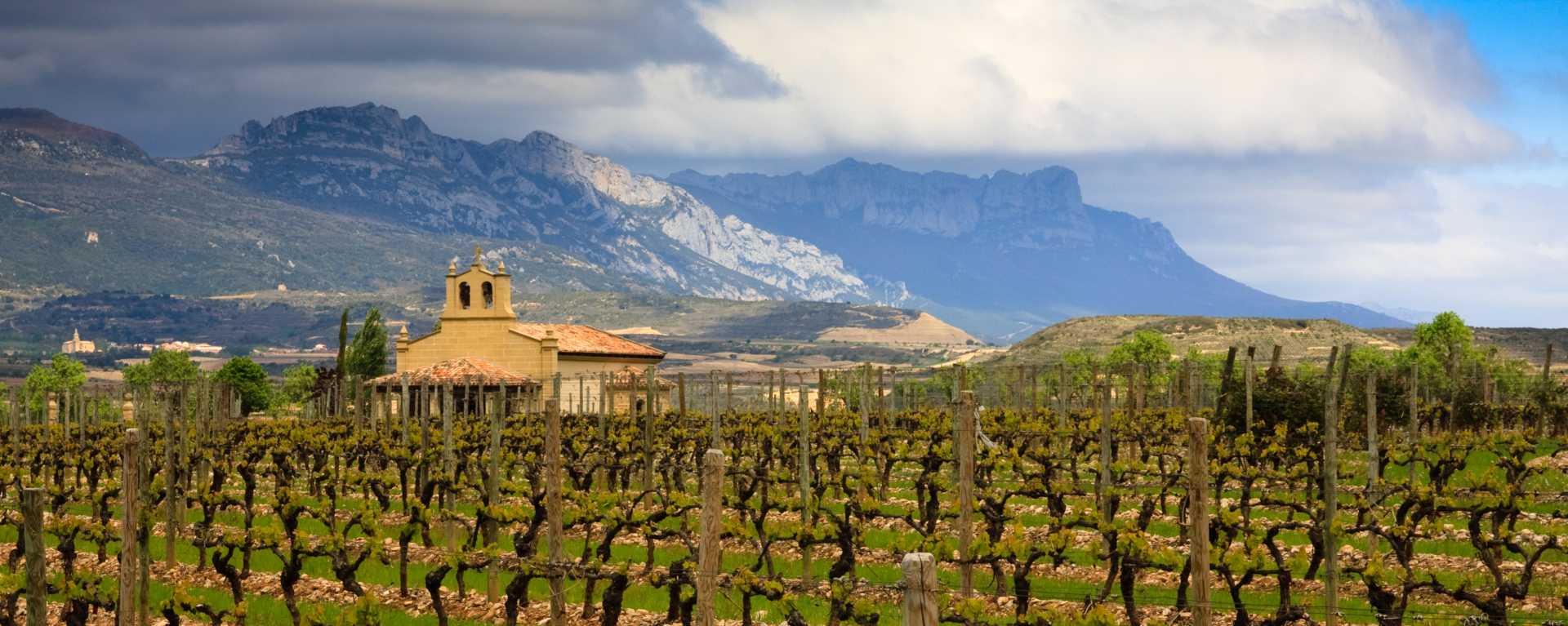Celler Cecilio Black Slate Gratallops 2016
-
Jeb
Dunnuck -
Robert
Parker



Product Details
Your Rating
Somm Note
Winemaker Notes
Professional Ratings
-
Jeb Dunnuck
The 2016 Black Slate Gratallops is another beautiful wine in the Black Slate series, which was created by importer Eric Solomon. From a site not far from where Daphne Glorian makes her Clos Erasmus cuvée and a blend of 65% Garnacha, 27% Cariñena, and the balance Syrah, aged mostly in tank, it offers full-bodied, plush, hedonistic aromas and flavors of chocolaty dark fruits, scorched earth, graphite, and licorice. With ripe tannin, a sexy, seamless texture, and a great finish, it’s a no brainer purchase to drink over the coming 4-6 years.
-
Robert Parker's Wine Advocate
The Gratallops wine from the Black Slate series is produced for American importer European Cellars. The 2016 Black Slate Gratallops is a blend of 75% Cariñena, 19% Garnacha and 6% Syrah that fermented with natural yeasts and with only 20% of the volume put in new oak barrels for 12 months. This feels more elegant than the other reds here, representative of the house style, with character and appeal for the general public like the 1990s Priorats; there is also something earthy and a little volatile with hints of wet slate.
Rating: 90+
Other Vintages
2019-
Jeb
Dunnuck
-
Robert
Parker
-
Robert
Parker





Vicent farms four vineyard sites in Gratallops and one in El Lloar – 9 hectares in total. The oldest vines are located in Els Espills where the Garnatxa and Carinyena are 80 years old. His remaining plots, El Plana, Mas d’en Corral, La Sort and L’Aubada were replanted starting in the 1980s and finishing with L’Aubada which has converted from an olive grove to a vineyard in 2004. These newer sites are planted with Garnatxa Negra, Garnatxa Blanca, Cabernet Sauvignon and Syrah.

With hundreds of red grape varieties to choose from, winemakers have the freedom to create a virtually endless assortment of blended red wines. In many European regions, strict laws are in place determining the set of varieties that may be used, but in the New World, experimentation is permitted and encouraged resulting in a wide variety of red wine styles. Blending can be utilized to enhance balance or create complexity, lending different layers of flavors and aromas. For example, a red wine blend variety that creates a fruity and full-bodied wine would do well combined with one that is naturally high in acidity and tannins. Sometimes small amounts of a particular variety are added to boost color or aromatics. Blending can take place before or after fermentation, with the latter, more popular option giving more control to the winemaker over the final qualities of the wine.
How to Serve Red Wine
A common piece of advice is to serve red wine at “room temperature,” but this suggestion is imprecise. After all, room temperature in January is likely to be quite different than in August, even considering the possible effect of central heating and air conditioning systems. The proper temperature to aim for is 55° F to 60° F for lighter-bodied reds and 60° F to 65° F for fuller-bodied wines.
How Long Does Red Wine Last?
Once opened and re-corked, a bottle stored in a cool, dark environment (like your fridge) will stay fresh and nicely drinkable for a day or two. There are products available that can extend that period by a couple of days. As for unopened bottles, optimal storage means keeping them on their sides in a moderately humid environment at about 57° F. Red wines stored in this manner will stay good – and possibly improve – for anywhere from one year to multiple decades. Assessing how long to hold on to a bottle is a complicated science. If you are planning long-term storage of your reds, seek the advice of a wine professional.

Tiny and entirely composed of craggy, jagged and deeply terraced vineyards, Priorat is a Catalan wine-producing region that was virtually abandoned until the early 1990s. This Spanish wine's renaissance came with the arrival of one man, René Barbier, who recognized the region’s forgotten potential. He banded with five friends to create five “Clos” in the village of Gratallops. Their aim was to revive some of Priorat’s ancient Carignan vines, as well as plant new—mainly French—varieties. These winemakers were technically skilled, well-trained and locally inspired; not surprisingly their results were a far cry from the few rustic and overly fermented wines already produced.
This movement escalated Priorat’s popularity for a few reasons. Its new wines were modern and made with well-recognized varieties, namely old Carignan and Grenache blended with Syrah, Cabernet Sauvignon and Merlot. When the demand arrived, scarcity commanded higher prices and as the region discovered its new acclaim, investors came running from near and far. Within ten years, the area under vine practically doubled.
Priorat’s steep slopes of licorella (brown and black slate) and quartzite soils, protection from the cold winds of the Siera de Monstant and a lack of water, leading to incredibly low vine yields, all work together to make the region’s wines unique. While similar blends could and are produced elsewhere, the mineral essence and unprecedented concentration of a Priorat wine is unmistakable.
